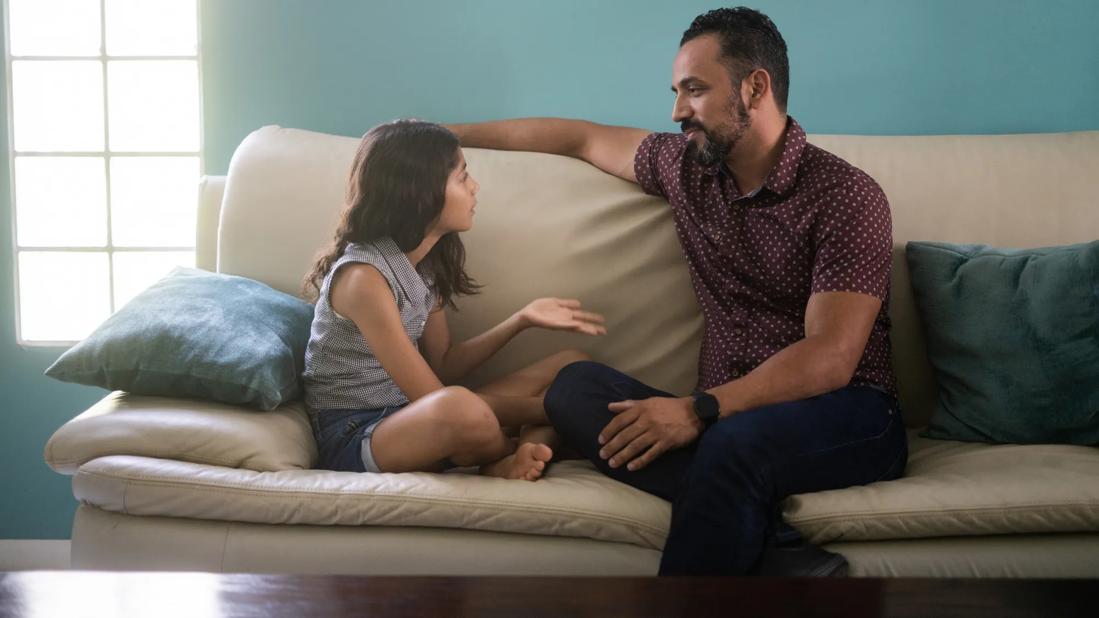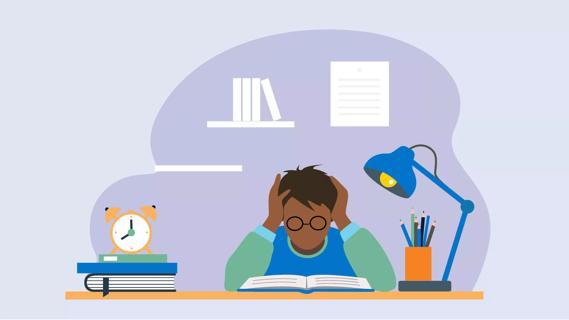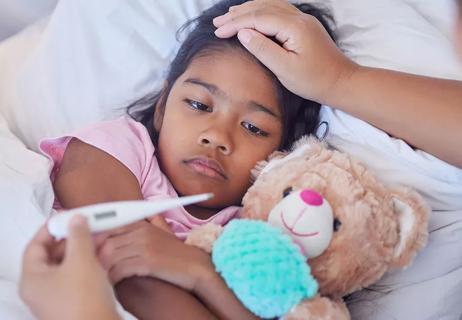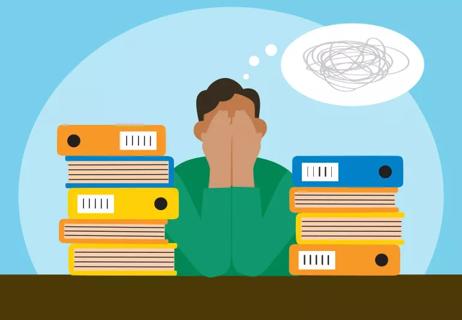‘Active shooter’ exercises may raise both awareness and anxiety

Two words that never should be connected ― “school” and “shooting” ― join far too often in news headlines. Research shows that gun violence has shattered the classroom calm in more than 400 schools since 1999.
Advertisement
Cleveland Clinic is a non-profit academic medical center. Advertising on our site helps support our mission. We do not endorse non-Cleveland Clinic products or services. Policy
In that time, more than 370,000 students have heard gunfire in their schools. It’s a reality that can’t be ignored.
That’s why many schools today conduct “active shooter” drills so students know what to do if they end up in the line of fire. It’s a modern-day safety measure, like preparing for a fire or tornado.
On the one hand, the training can be reassuring for children and their parents. It’s a measure to gain some sense of control of potential chaos.
But the heightened awareness that comes with participating in a lockdown or active shooter drill can also increase anxiety, fear and worry in some children and parents, notes pediatric psychologist Amy Lee, PhD.
How can you strike a balance between being prepared and scared? Let’s find out.
School planning for a shooter situation is commonplace now. It’s estimated that 95% of schools conduct lockdown drills to prepare for a crisis in the building. That means if your child is school-aged, odds are they’ve participated in one.
There’s no one training method, but two common ones schools use are Run. Hide. Fight. by the U.S. Federal Bureau of Investigation and ALICE Training®.
In each, kids deal with the rare yet real possibility of facing someone with a gun while at school. They learn when to run to safety. They learn when it’s best to barricade doors and shelter in place. They learn when it’s time to fight.
Advertisement
Dr. Lee says the drills can be effective for children if they’re presented as practicing or a skill-building exercise.
“Kids are pretty good at pretend ― particularly at pretending scary things to feel a sense of safety or mastery,” says Dr. Lee. “There is lots of evidence that rehearsal and preparation and even imagining something scary can reduce anxiety.
“We call that exposure, just another way of saying getting used to something.”
Some active shooter exercises and simulations ― particularly surprise ones or those involving the use of gunfire, theatrical makeup and participants posing as shooters ― have drawn criticism for being extreme.
These types of drills make the mistake of overexposing kids to the scary elements of danger without emphasizing safety practices that can help in a shooter situation, says Dr. Lee.
In 2020, the American Academy of Pediatrics (AAP) issued a policy statement expressing concerns that crisis drills can increase children’s anxiety and fear that the world is a threatening place.
“Kids can experience post-traumatic stress if they’re not done well,” notes Dr. Lee.
The AAP’s statement included recommendations such as:
The organization also called for more research on school shooting-related exercises to evaluate the goals, usefulness and potential unintended consequences of the emergency preparations.
Studies on lockdown drills have brought mixed results so far. Some show that the exercises may empower students and make them more confident in the event of an emergency. But others found evidence of post-drill anxiety.
If you’re concerned or curious about how your school handles lockdown or active shooter drills, make your voice heard. Ask for the school’s policy and approach to involving students in the training.
“Parents are advocates for kids, and they should speak up whenever they have questions,” stresses Dr. Lee.
So, what should you do if your child comes home and says there will be an active shooter drill at school tomorrow? Or that one took place that day?
Try these approaches, suggests Dr. Lee:
Advertisement
Some children tend to be more anxious over alarms and drills ― and that’s OK, says Dr. Lee. Talk with their school about what accommodations can be made to help your child participate with minimal stress.
“It’s important for your child to be part of the drill, but in a way that doesn’t leave them traumatized,” she adds.
School counselors also may be able to assist if your child needs it.
Know this about children: They’re remarkably resilient.
So, while it may be stressful for your child to prepare or think about a shooting at their school, it’s not typically harmful to them. Help them view a lockdown drill as an opportunity for them to build “coping muscles” and feel strong and capable.
“Reassure your child that this is part of an overall effort to keep them safe and secure,” encourages Dr. Lee. “It’s about them learning skills to protect themselves.”
Advertisement

Sign up for our Health Essentials emails for expert guidance on nutrition, fitness, sleep, skin care and more.
Learn more about our editorial process.
Advertisement

Preschool age is typically between 3 and 5 — but readiness may matter more

Asking questions, creating routines and setting schedules can help get students back on track

All states require DTaP, MMR, polio and chickenpox vaccines — healthcare providers recommend others, too

School can be stressful, even anxiety-provoking — get to the root of the concern and enlist help when needed

A well-balanced lunch should include a protein, whole grain, fruit and vegetables, and a healthy snack

Focus on a positive mindset, strong study habits and healthy living

Vomiting and fevers are a hard no — other symptoms are a judgment call

College is a time of big transitions, intense stress and major lifestyle changes

Although it could be used as a moisturizer, this new trend is not recommended

Communicating clear limits helps protect your time, energy and emotional well-being

High cholesterol can be genetic, but testing and treatment can lower your heart disease risk